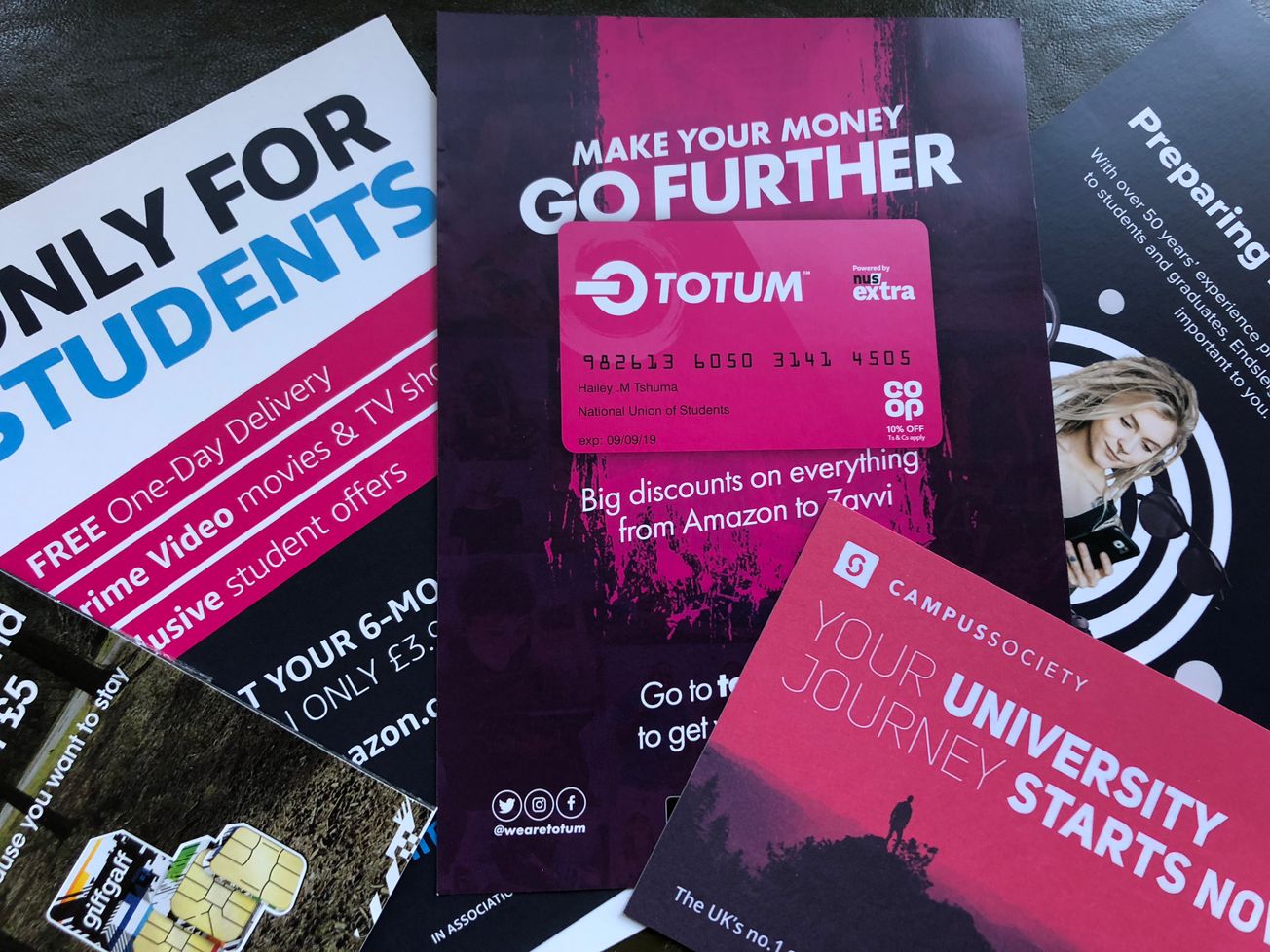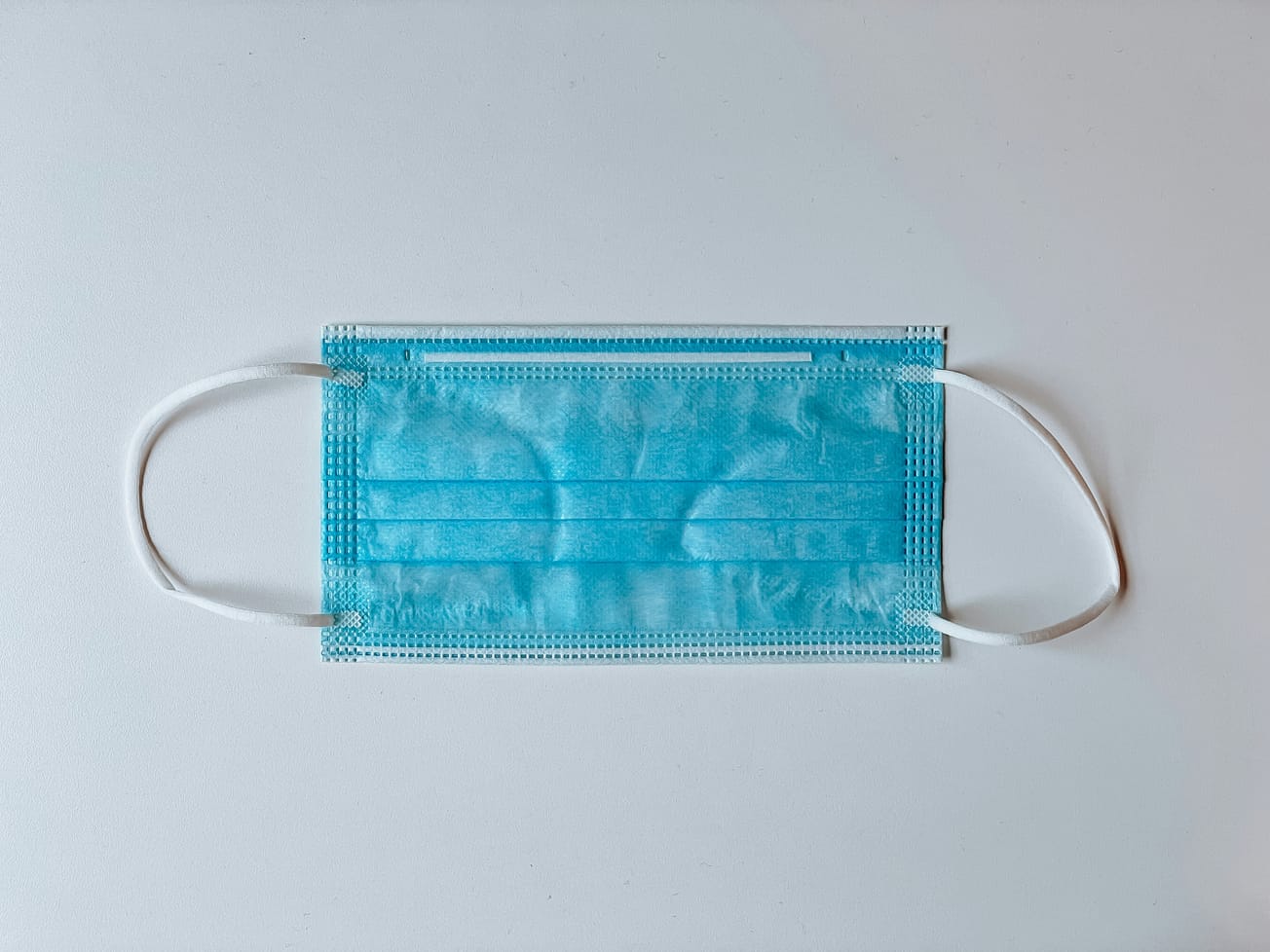by Cameron Scheijde, co-Editor-in-Chief
Apps for students seem to be all the rage. But there is a hidden cost to commercialising student spaces and universalising our experiences.
'I'm really excited to be able to share this with you' quipped the well-spoken NUS Vice-President, Ali Milani, as he unveiled 'Totum', the replacement to the NUS' discount card NUS Extra. The new card, he promised, would come with hundreds of cost-saving discounts and an all-new app with links to campus events, societies and your SU.
The NUS is far from the first to come up with an app exclusively aimed at students. Apps like Campus Society, Native and now Totum are busting onto the student scene. Campus Society promises to link you with other new students on your course or in your halls, while Native promises to 'end shit nights out' and are even running a competition to win a body double who will attend all your first week of lectures.
https://t.co/hGMyYc4SMl
— Native App (@nativeappuk) August 16, 2018
Start your uni experience off right!
Win:
- £250 voucher of your choice
- Free tickets for you & your mates all week 🎫
- A week of free cabs, drinks & takeaways 🚕
- Exclusive gig in your uni halls 🥁
- Lookalike to attend any lectures you miss 👥 pic.twitter.com/iAlWpt89sY
These apps might seem to be all a bit of fun, but there is a more malicious undercurrent to these organisations pouncing on the vulnerability of young people moving to new surroundings.
Were an A-level student to post on twitter their success in gaining a place at Bristol, for example, they would be inundated with congratulations; not just from the Uni itself, but from countless other organisations keenly desiring their custom.
These ranged from the aforementioned lecture-bunking app to a certain click-based tabloid media organisation desperate for readers.
'Greeting new Undergraduates in the post this year is a significant bundle of marketing materials'
And the aggressive marketing did not stop at Twitter. Greeting new Undergraduates in the post this year - in an official UCAS letter - is a significant bundle of marketing materials from Barclays, GiffGaff, Amazon Prime, Endsleigh, NUS and Campus Society.
It is hard to deny now, with increasing tuition fees, arbitrary ranking and ever-stranger schemes to fill University courses, that every one of us is a customer. It seems sad that these companies seek to win our custom as soon as we flee the safety of our parent-controlled homes and pounce during that very vulnerable stage of our lives.
Make someone's day 🌈🙌 #FridayFeeling #bekind pic.twitter.com/ns8SFUMBMS
— TOTUM (@WeAreTotum) August 31, 2018
These apps and services also degrade the individuality of our Universities. Whether I go to Bristol, Leeds, Manchester or Durham I will be bombarded by the same apps controlled by the same corporations wanting the same thing: my custom. I could even live in the same halls, with companies such as Unite Students and the Student Housing Company developing ever-more-swanky apartment blocks.
There is a case for these apps, and I must admit to having saved a fair few pounds at the Co-op with my NUS card. However, with market becoming more and more saturated, Uni may stop becoming a primarily academic experience.
It may become a commercial one, where companies compete to win us the best deals, the best nights out or the best double-bed-ensuite-with-an-amazing-toaster. That essay doesn't really matter any more if we our phones are telling us which events we're definitely missing out on tonight.
Whilst I welcome anything that saves us students money, these ever-changing schemes such as Totum should come with a warning. University campuses are home to life-changing, brilliant experiences; don't let them become yet another marketplace for corporate greed.









